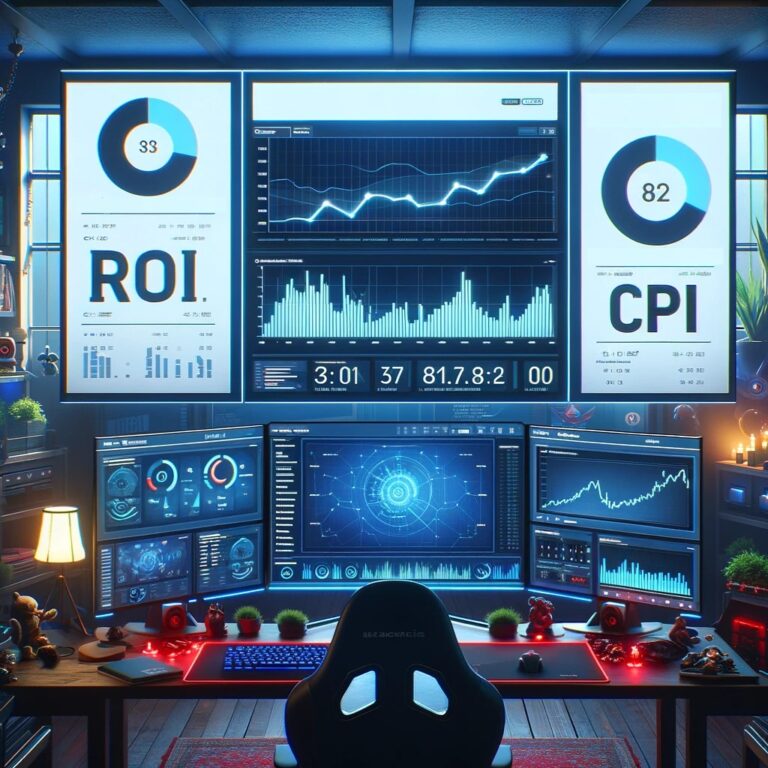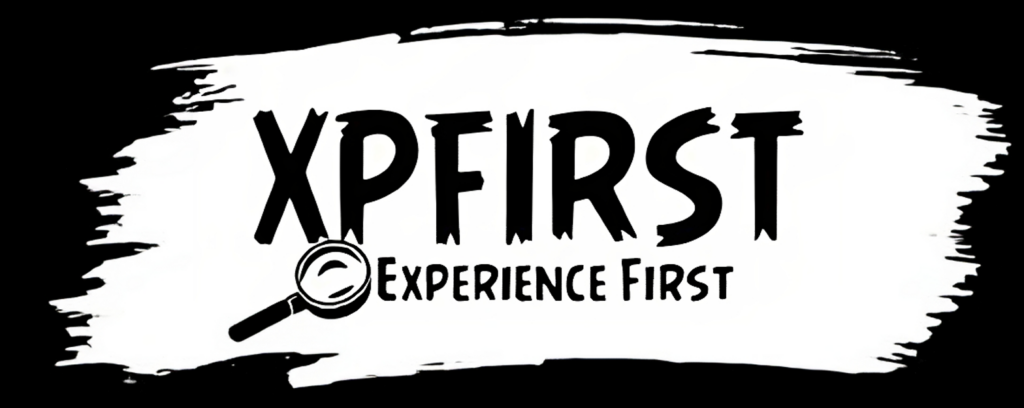
Introduction
A common question among indie developers and smaller game studios is, “When should I start marketing my game?” The right timing for marketing can make a huge difference – it can turn your game into a big hit or let it slip away unnoticed. Let's look at some straightforward strategies to get your game the attention it deserves.
Early Stages & Developing Market Understanding
Start thinking about marketing right at the beginning of your game development. It's more than just getting people excited; it's about really understanding who you're making the game for and what makes your game special. Do some digging to figure out who your competitors are and what you can do differently. Your game needs an audience, and those don´t just magically appear out of nowhere. The gaming market is extremely competitive. While you´v got to stand out to earn your audience, realize not every game idea has demand.
Validating Your Game Concept

Early on, you need to check if your game idea actually clicks with players. Testing your game concept with a small group from your target audience in closed tests. A good way to do this is inviting people you know or hiring testers. Sometimes you don´t know the exact target audience for your game, and then testing becomes even more important for gaining insight on what kind of players enjoy it the most. You can also use platforms like Discord, Reddit, and social media to share your ideas before you even have a demo, to get feedback, and talk to potential players. Just be careful not to share too much too soon – you want to keep a lot of surprises up your sleeve.
Building Momentum with a Demo or Prototype
Got a demo or prototype? Test it out with a small group first to see if people are really craving for more. If they do, it’s time to start talking more about your game. If the reaction is lukewarm, you might need to spend some more time making it better. For putting the demo out, we recommend attending festivals, sharing the demo over to influencers and blasting it over social media. Remember, if you put out a demo in the public, you are already confident the players enjoy it. So market it everywhere. What is the best platform for you? It depends on your unique game and there are often multiple good platforms. Ranging from TikTok, Reddit, X to Facebook, Imgur and instagram, just to name a few where you can find organic traction.
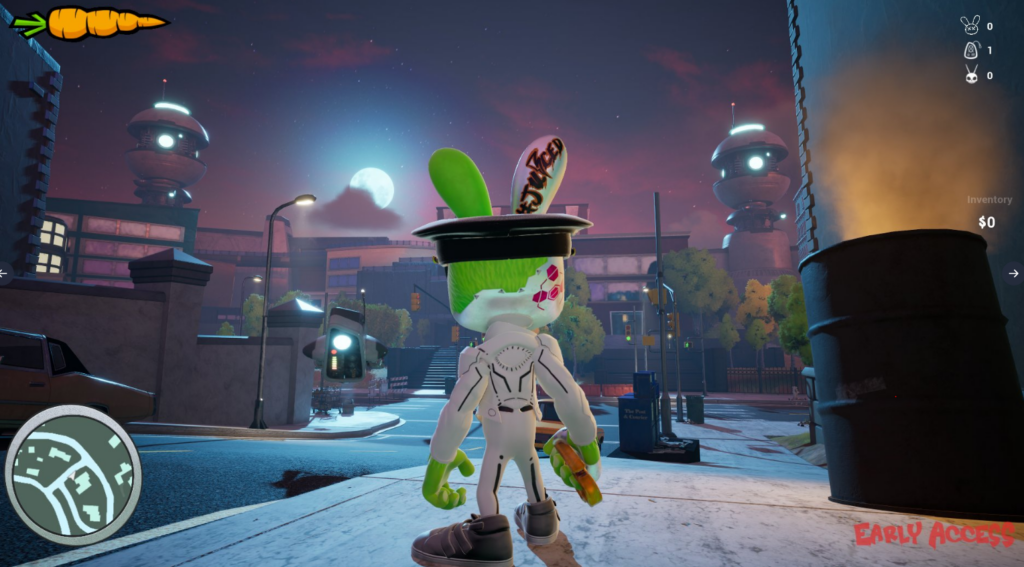
Leveraging Key Marketing Milestones & Events
Whenever you hit a big milestone in your game development, like beginning closed beta or adding a major update, use it as a chance to talk about your game. These are great opportunities to get people excited again and keep them interested. The previously mentioned festivals are great, and sometimes you can also do your own events. Whether it´s more casual contests, esports-like competitions, influencer campaigns or charity with a good cause. Giving your players something to talk about can be more than just new in-game content added. Creating Milestones & Events often requires you to get creative. The foundation of your game marketing is focused hard work, whether you are building something in-game or outside it it. Every game would find traction if it was easy to get.
Influencer Marketing as part of your strategy
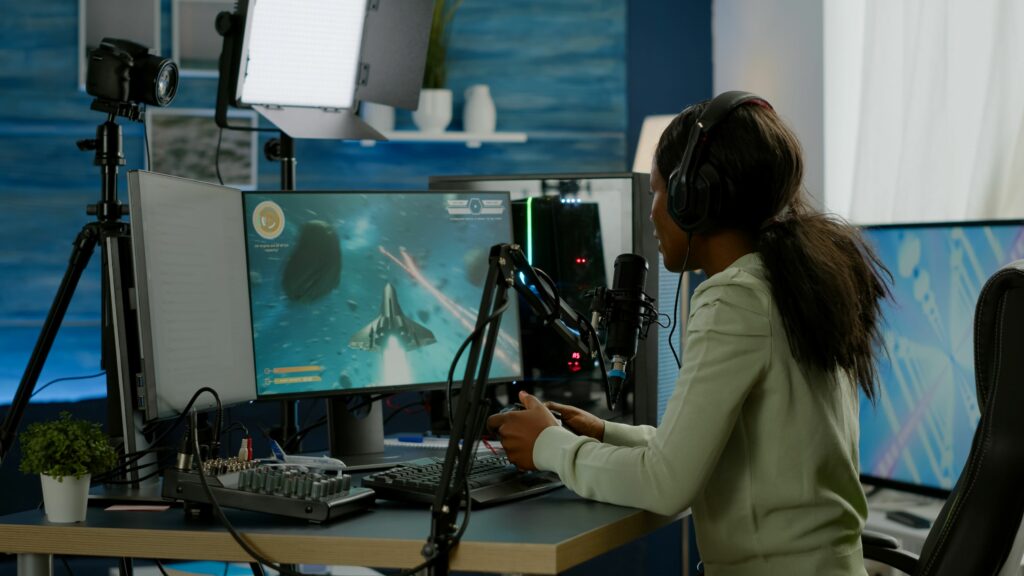
If your game is fun to play or has really cool graphics, getting influencers involved can be a big win. Make sure you´v tested your game enough with playtesters before moving to this phase though, you want the influencers to get hyped about your game when they get their hands on it. Remember to evaluate and choose the right influencers for your target audience. You need the influencer´s audience´s to align with yours so they get engaged. Instead of 50 000 viewers who don´t care about your game, find the 5 000 viewers that are super engaged watching your game being played and wishlist it on Steam. A magical tip for success with influencers: Let them try your game early on and give you feedback early on in development, be it in closed tests or some early-stage public event. This often improves your game in ways players not working on doing content for living could not come up with. It also builds great mutual trust for future collaborations and gives you data, for example what kind of influencers or audiences engage the most with your game.
When to create a Community & Social Media presence
The earlier you begin building your game´s presence online, the sooner you can find support for your game. A rule of thumb is: you need something great to talk about. Creating a space or an opportunity for players to engage with doesn´t automatically mean they do. Once you have something good for them: platforms like Discord, X, Steam forums, and Reddit are great for building a community around your game. Stay active on these platforms, share updates, and chat with your players. This is very useful if your game has lots of things for players to talk about, like stunning graphics, multiplayer features or user-generated content. Figure out where to best reach your unique game´s target audience. Tip: Consistent posting on TikTok, Imgur or Reddit can lead to a viral post if your game has some magic: like high-concept, amazing graphics, super fun user-generated content.
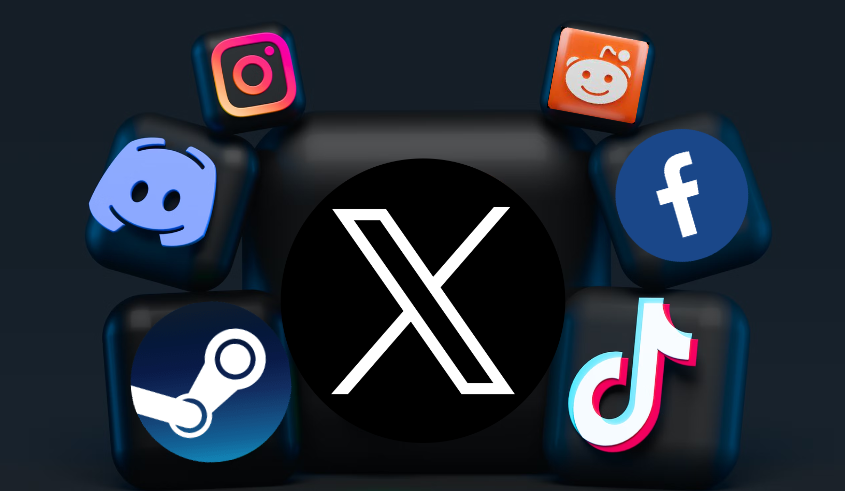
Pre-Launch and Launch Strategies
As you get close to finishing your game, it’s time to go all out with your marketing. Plan a big launch, work with influencers, send out press releases and set up collaborations. Make sure your marketing fits what’s unique and fun about your game. When we talk about launch: we mean launch through the atmostphere! Be seen in the right places at the right time, in a very short timeframe. Remember At launch you are expected to have a polished product. What fans don´t expect is the most optimal timing for launch.
However this is your game, and you want it to get the most optimal launch environment. So please, check months, weeks and days ahead: how does the game market look. What games are being published and when, how does it impact your launch? Plan every step of the way for your launch week, you can go as hardcore as thinking hour by hour.
Partnerships and Collaborations
Look for opportunities to team up with other developers, influencers, or gaming platforms. These partnerships can help you reach more people and make your game more visible. The core idea of this is to introduce your game to audiences of someone else´s, while giving something they desire in exchange. Your audiences grow, and if your game is great, each new user you acquire turns into multiple more new users through word of mouth.
Using Analytics and Feedback for Marketing Strategy
